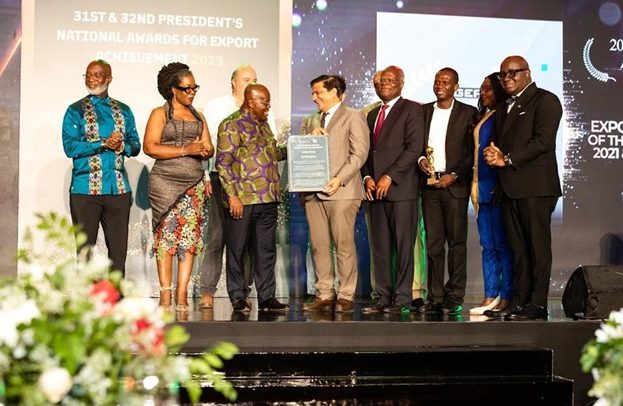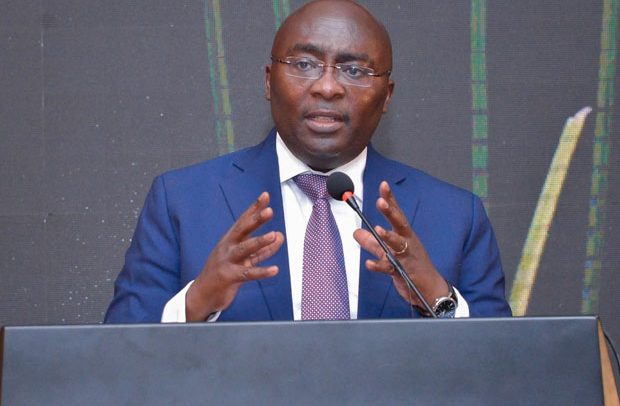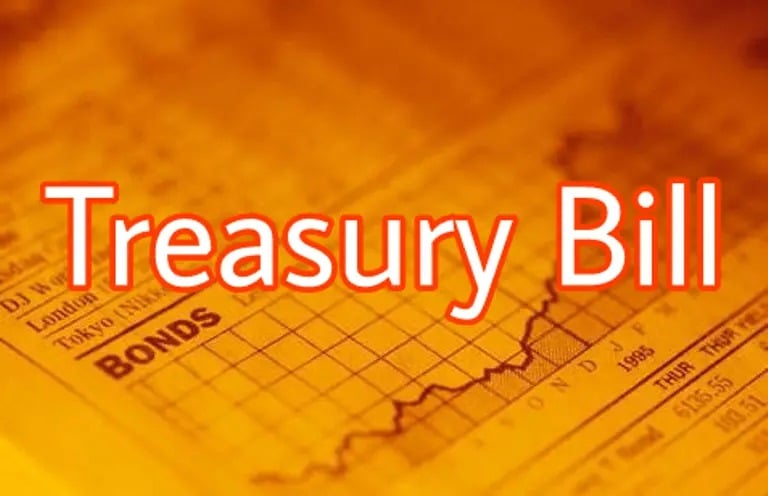
Africa's infrastructure in its impressive growth rates in the last decade in most countries.
The African Development needs to remain huge with unmet financing gap between US$130 and US$170 billion annually, despite the Bank (AfDB) seeking to partner with leading global development finance institutions to establish a mutualised co-guarantee platform to de-risk investments and facilitate projects that have the capacity of transforming the continent under the Africa Investment Forum (AIF).
The bank is positioning the AIF, scheduled for South Africa, November 7-9, as a platform to improve the ease of doing business in Africa by advancing and promoting investment friendly regulations. AIF will also champion ethical business practices in Africa.
Mr Ken Ofori-Attah, Minister of Finance, described the upcoming forum to de-risk lending to prod investment growth on the continent plagued with huge population and inadequate infrastructure as a smart way of doing business.
He said with the advantage of a huge continental market, future resources and a yawning gap in savings and investment needs, de-risking Africa's economy is a positive pointer to the investor community that, "Resources can be deployed properly into productive ventures, catalyse growth and pay back such investments."
The Finance Minister said some $40 trillion or so of investment capital was not cascading into the continent and AfDB/AIF approach to get better and prepared bankable projects and bait investors of vested integrity for the needed development to flourish was apt.
Meanwhile, speaking at a roadshow on the AIF held in Abuja, this week, the Special Advisor to the Nigerian President and Coordinator of the country's Economic Recovery and Growth Plan (ERGP) Unit, Folarin Ayalande said Nigeria was ready for investment but lack of affordable and long-term finance remains a major constraint.
He described the lending de-risking component of AIF as a game changer and assured of the support of the Nigerian government. New approaches are required to deliver on the country's development targets, with a focus on private sector-led growth, he added.
"Nigeria's economic recovery and growth plan requires billions of dollars of investment to deliver on its growth and job-creation targets. We will collaborate with the private sector and the AIF by targeting opportunity-driven entrepreneurs by upgrading skills, developing business clusters and economic corridors. These are critical factors to developing a buoyant and productive industrial sector in Nigeria," he said.
"I am particularly delighted to learn that the AIF will not be another talk show but a platform with convening power to bring different players together to explore investment opportunities for the transformation of the African continent. We have talked enough and must now start to act," he said.
Senior Director for Nigeria Country Office of the African Development Bank, Ebrima Faal, stressed the critical need to change the current funding mix and create partnerships to finance infrastructure and other projects in Africa.
"Nigeria's infrastructure cumulative financing needs are estimated to reach US$3 trillion by 2044 or about US$100 billion annually. This is all happening at a time when public sector finances are extremely pressured," Faal said.
Read Full Story























Facebook
Twitter
Pinterest
Instagram
Google+
YouTube
LinkedIn
RSS